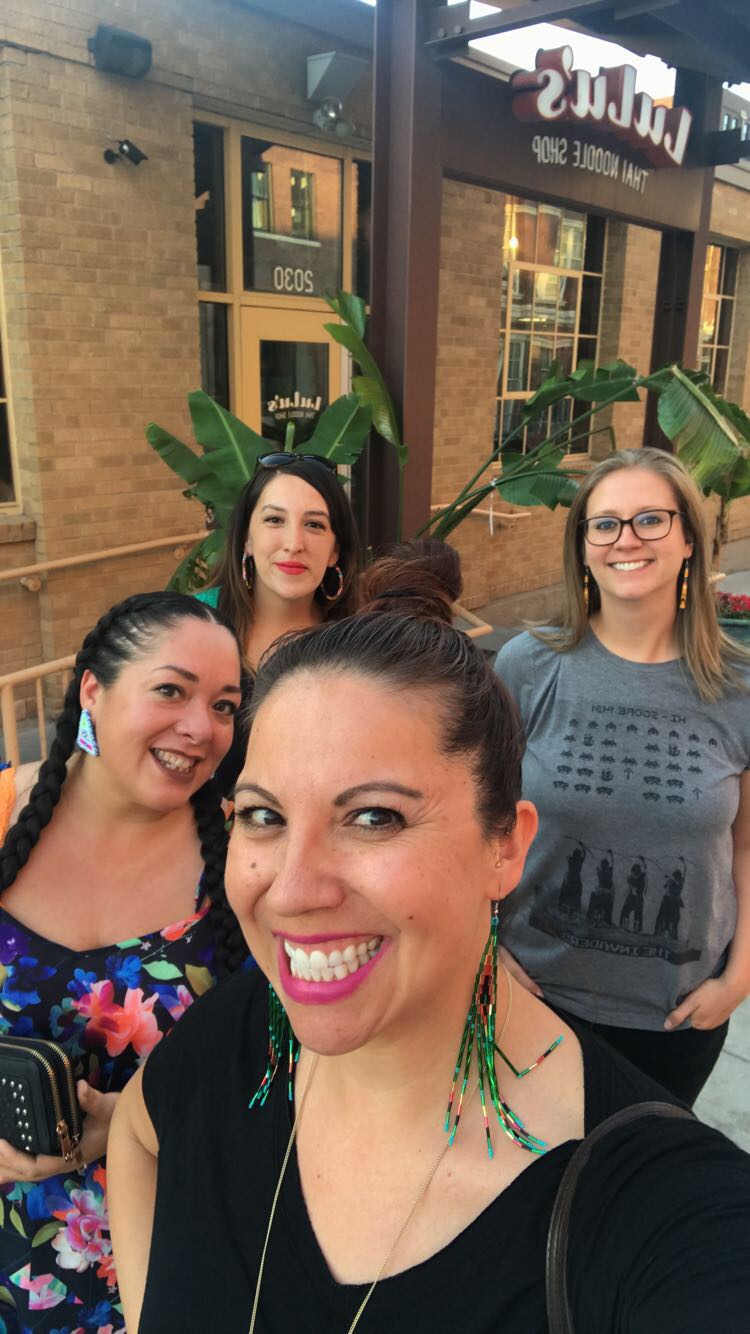Three Opportunities

At the beginning of June, I was more than excited to welcome warmer temperatures and three back-to-back opportunities to share my insights on the work I do around community engagement with tribal communities to various audiences. As a native woman, a native mom, sister, and community member, you can't help but include, if not, emphasize your own experiences to help the audience better understand working with tribal communities. These experiences are personal and what I used to think were private and not to be shared but, instead, swept under the rug for hiding and safe keeping. However, sharing our experiences may help us better understand and heal from historical trauma.
My first opportunity was participating in a panel discussion with wonderful people from diverse perspectives speaking to the scientific community around the promise and perils of gene editing at CRISPRcon in Boston. We concluded the morning panel emphasizing the need for everyday conversations on CRISPR to occur more often and with those outside the scientific community. Let's just say there, is plenty of room for me to learn about gene editing and deepen my current knowledge around it, as well as the pros and cons for my relatives and future generations. I left Boston on a 5 AM flight (which is technically 4 AM Sioux Falls time and the coffee shop was not open; I repeat NOT open) headed to Kansas City to present to Tribal Leaders on the importance of community engagement around building research infrastructure. I will admit my introduction was a little rocky and I thought, "Get it together Melissa, you know the need for this work in our tribal communities!" Afterwards, a few business cards were exchanged to share ideas and set up a few calls to talk about the work happening in Indian country. I am excited for new opportunities and the possibilities to expand the work of CRCAIH!

I ended the week co-presenting with Serene Thin Elk to counselors from the state of SD on historical trauma and healing. I am not sure what happened but the frog in my throat was real - I cried. I lifted the rug because I am beginning to find comfort in front of strangers and share some personal experiences about growing up with various forms of trauma in my home and how healing is constant. Three opportunities to share my thoughts, my trauma, and the knowledge I have gained in my current role. I think I was laughing and crying when I said, "I must be comfortable in a room full of strangers, to cry, hoping one of you will hug me if I need it." Healing is tears. Healing is laughing. Healing is being a part of your community. Wopila.
By: Melissa Buffalo, MS | Meskwaki/Lower Brule/Crow Creek | CRCAIH CEID
